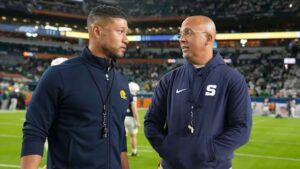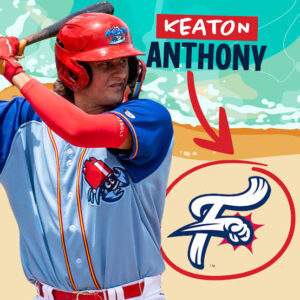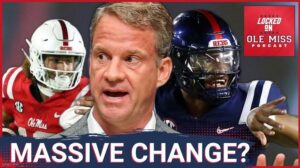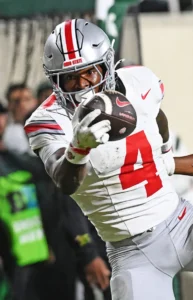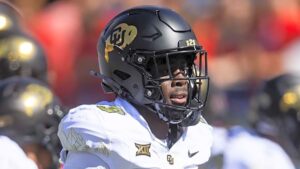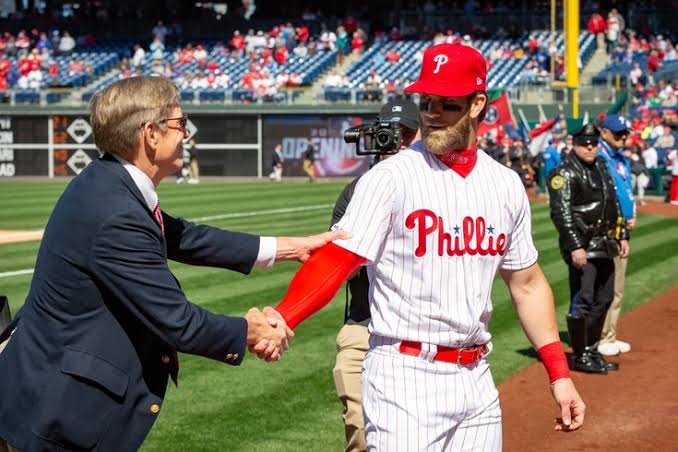
Angelo Cataldi Wonders: Has Bryce Harper Changed, or Were We Just Missing It All Along?
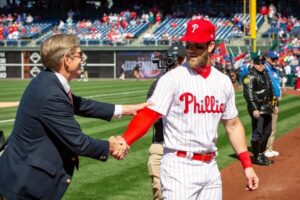
PHILADELPHIA – As the 2025 MLB season heats up, one question has been quietly gaining steam among Phillies fans and media personalities alike: Is Bryce Harper evolving into a new kind of player and leader — or has this version of him always been there, hiding in plain sight?
Longtime sports radio voice Angelo Cataldi recently posed that very question: *”Is this a different Bryce Harper, or did we have him wrong the whole time?”* It’s a fair inquiry, and one that feels more relevant than ever.
Harper, now in his sixth season with the Philadelphia Phillies, has been nothing short of electric in 2025. He’s batting over .320, slugging with authority, and delivering in clutch moments. But more than the numbers, what’s catching the eye of seasoned observers like Cataldi is Harper’s presence — his leadership, his composure, and his deepening connection with the city and the team.
“This isn’t just a guy swinging a hot bat,” Cataldi said during a recent segment. “He’s mentoring the younger guys, he’s showing a calm you didn’t always see in D.C., and he’s become the emotional engine of this team. So I ask again — is this a new Harper, or did we just not give him enough credit before?”
The question resonates, because Harper’s tenure in Philadelphia began under intense scrutiny. His massive 13-year, \$330 million contract came with sky-high expectations. He was seen as a generational talent, but also as someone who sometimes let emotions take over — a fiery competitor, yes, but not always a calm leader.
Fast forward to today, and that narrative feels outdated. Teammates consistently describe Harper as focused, humble, and team-oriented.
“He’s the guy we all look to,” said Phillies shortstop Bryson Stott. “He doesn’t have to say much, but when he does, it carries weight. He leads by example every day.”
That shift hasn’t gone unnoticed by fans either. At Citizens Bank Park, Harper’s name is chanted with affection that goes beyond mere appreciation for his play. It’s a connection — one that reflects his evolving role as both a star and a symbol of the team’s identity.
Cataldi’s question taps into something deeper than just statistics. It’s about perception — how we see athletes, how their stories change over time, and whether we’re sometimes too quick to define them.
Maybe Harper has changed. Maybe fatherhood, time, and experience have mellowed him. Or maybe he’s always had this in him, and it’s only now, with the right team and the right city, that it’s fully coming to the surface.
One thing is clear: Bryce Harper isn’t just performing like an MVP — he’s carrying himself like a leader whose legacy in Philadelphia might one day rival the all-time greats.
So was this a different Bryce Harper? Or did we just finally start seeing him clearly?
As Cataldi asks — and as this season continues to unfold — the answer might be a bit of both.
